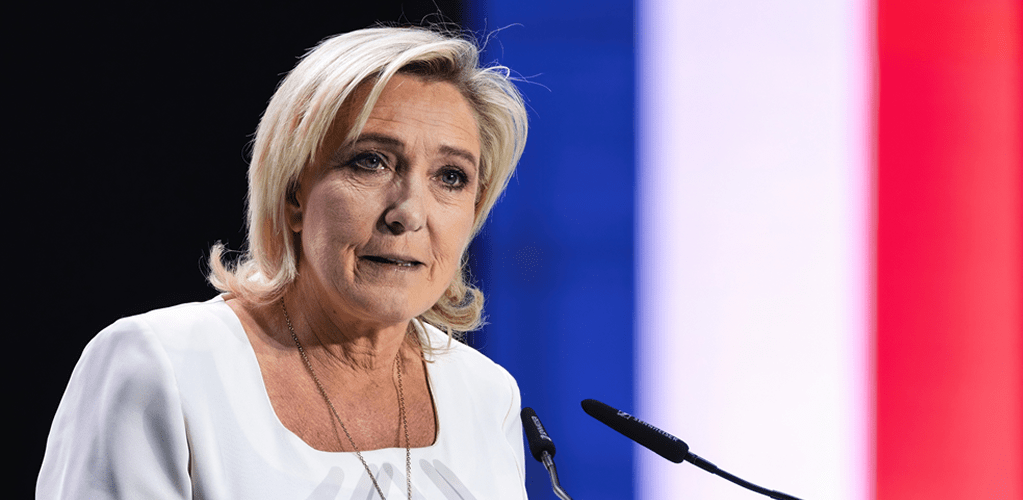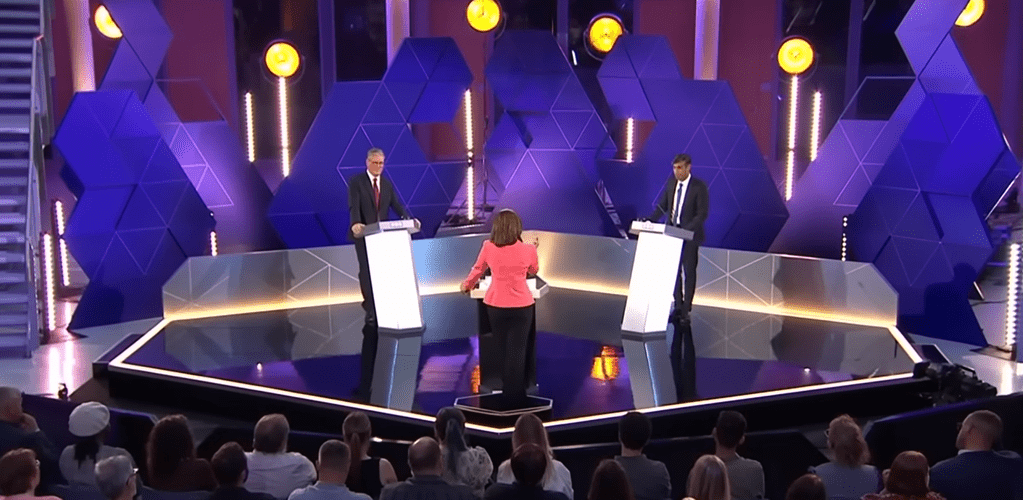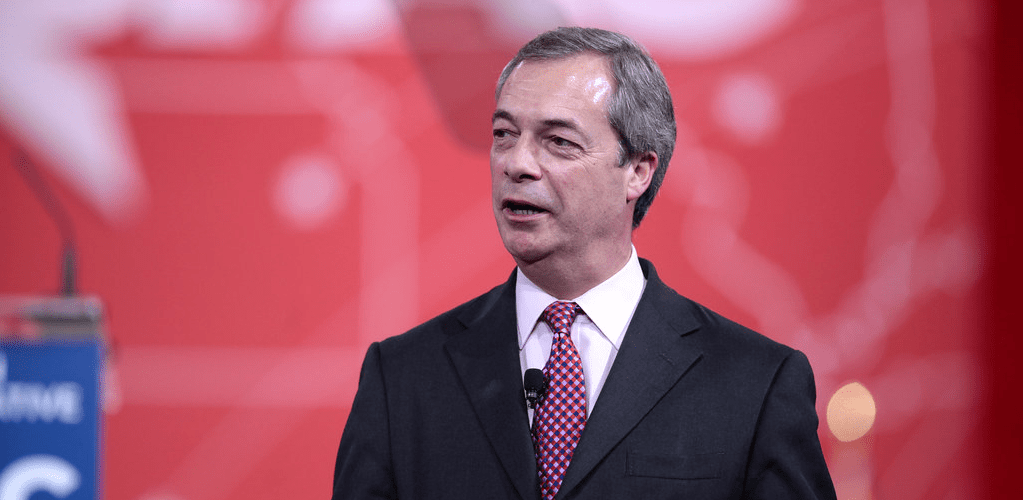In Portugal and California, two men move from sports to right-wing politics
In Portugal and the US, sports figures have transitioned to right-wing politics, with right-wing and far-right parties aiming to capitalise on their fame to attract new voters.

In Portugal and the US, sports figures have transitioned to right-wing politics, with right-wing and far-right parties aiming to capitalise on their fame to attract new voters.
I n a week that ends with elections in Portugal (March 10) and had primary polls in the United States, I noticed a striking coincidence: that two men with notable careers in the world of sports have gravitated to frontline politics. And they have done so on the right of the political spectrum.
In Portugal, the governing socialist party (PS) and the centre-right Social Democratic party (PSD) are forecast to attract around 30% of the vote, with third party Chega likely to finish with 18%.
Chega is a far-right party and it’s led by pugnacious former football pundit André Ventura. Mr Ventura won a parliamentary seat in the 2019 general election.
In the US, the March 5 California primary for the state’s available Senate seat after the death in September of Senator Dianne Feinstein, threw up two candidates: Frontrunner Adam Schiff, a Democrat, and Republican Steve Garvey. The latter doesn’t stand much chance of winning in the November 5 US general election — the last time a Republican won a statewide seat in California was in 2006 — but Mr Garvey is an interesting candidate mostly because of what he has been.
A former professional baseball player, he began his major league career with the LA Dodgers in 1969. A political newbie, Mr Garvey’s value to the Republican Party is that he’s well-known enough to be an asset at the top of the state-wide ticket. If there is a Garvey effect, it may not help him win the Senate race, but analysts say it could mobilise California’s conservative minority and help with some competitive down-ballot races (such as for the House of Representatives).
The question about Mr Garvey is not his value to Donald Trump’s Republican Party but his place in it. With Mr Trump, the party standard-bearer, notoriously loose-lipped about immigrants and other such hot-button topics, why would a political novice who seems less wedded to these issues (and certainly less interested in or knowledgeable about them) lend his name (and fame) to the Republican campaign in California?
Over in Portugal, Mr Ventura of Chega is playing a more obvious game. An ally of France’s right-wing populist leader Marine Le Pen and Italy’s far-right Matteo Salvini, Mr Ventura has repeatedly sought to demonise Portugal’s Roma community.
When he ran in the 2021 presidential election, Mr Ventura polled just under 12%. With many Portuguese voters saying that the two main parties of left and right — PS and PSD — are out of ideas and out of time because of corruption scandals, Chega’s loud promises to “clean up Portugal” appear appealing.
But the point here is not what happens in Portugal’s general election or in the contest for California’s Senate seat.
The sports-related careers of two men who figure in both of these — very different — elections underline the extent to which right-wing politics is welcoming anyone with name recognition into the tent so long as they don’t disrupt the game.
Check out Senator Tommy Tuberville, US senator from Alabama and former football coach.

GOING FURTHER
‘We have never been this close’: Portuguese far right aims for election breakthrough | The Guardian
Steve Garvey's Improbable Rise, Decades After His Baseball Heyday | The New York Times
Tuberville says Britt ‘picked as a housewife, not just a senator’ | The Hill
Sources:
▪ This piece was first published in Medium and re-published in PMP Magazine on 9 March 2024 under a Creative Commons Attribution-NonCommercial 4.0 International licence. | The author writes in a personal capacity.
▪ Cover: Unsplash/Nick Fewings. (Licensed under a Creative Commons Attribution-ShareAlike 4.0 International License.)







[Read our Comments Guidelines]